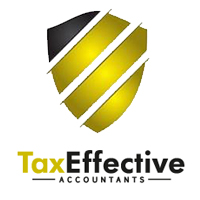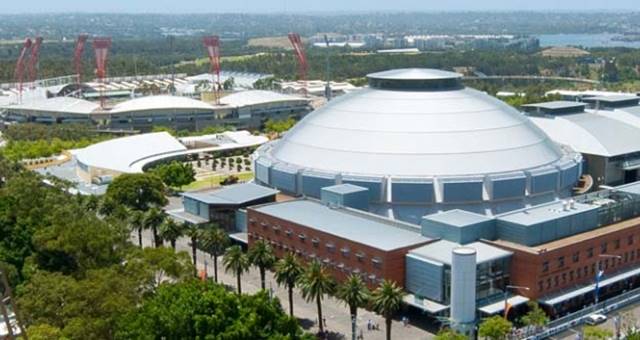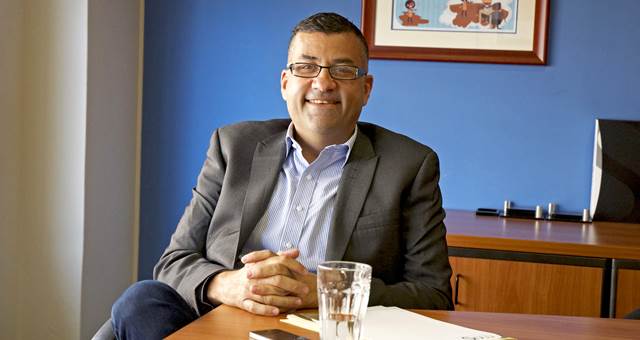
Whether you are a professional conference organiser, event producer, chef, bartender, kitchenhand or barista, every profession has its nuances when it comes to tax time. Hospitality workers have access to a range of occupation-specific tax deductions that can make a big difference to their bottom line.
However, underclaiming on your tax return can leave you paying more tax, while overclaiming can land you in hot water. The key to lodging a return is knowing what you can and can’t claim. Here is how events professionals and hospitality workers can make the most of their tax deductions.
Hospitality deductions
To claim a hospitality-related tax deduction, you need to have purchased something directly related to your job that helps you earn income. You must have spent your own money and you must not have been reimbursed by your employer.
You will also need to keep a record of each purchase. If the item you bought is for work and private use, you’ll need to prove what portion is used for work and apportion your claim accordingly.
Meal expenses
Even though you might be surrounded by food in your hospitality job, you can’t claim the cost of meals during your working day. While you may think you are sampling the menu, the ATO classifies your workday meals as a private expense, even if you receive a meal allowance.
If you work overtime during a long shift or function, you may be given an overtime meal allowance to cover the cost of food. You can claim the cost of these meals without written evidence, provided the meal is within a reasonable rate ($37.65 for the 2024-2025 financial year). If your claim is outside this reasonable rate, you’ll need written evidence to back up your claim.
What you can’t claim: If you visit restaurants, cafes and bars to spy on the state of the competition, you might regard that as market research but the ATO regards it as private expenditure.
Car expenses
Claiming personal car expenses for work purposes can be complicated. While you can’t claim your commute between home and work, you can claim a deduction if you use your personal car to make deliveries or pick up specific equipment between venues.
If you work in events and hospitality and have more than one job, you can claim the cost of transport between jobs provided it’s a separate workplace and you don’t work from home. If you need to use your personal vehicle to carry bulky tools and equipment that can’t be securely stored at work, you can claim your commute to and from work.
There are two ways you can determine how much you can claim for car expenses: cents per kilometre and the logbook method. Using the cents-per-kilometre method, you can claim up to 5000km of work travel without needing receipts or written evidence by claiming 88 cents for each work kilometre travelled. However, you need to keep a diary of work-related travel so you can tally your total work-related journeys.
For the logbook method, you need to keep a logbook for at least 12 continuous weeks and record your odometer readings every year you use this method.
What you can’t claim: Regardless of whether you did minor tasks such as picking up mail or dropping off a parcel on the way to work, you can’t claim a deduction for your regular commute between home and work.
Clothing expenses
If you compulsorily have to wear a work uniform, you’re entitled to claim a deduction for the cost of buying, renting, repairing and cleaning it.
If your claim for laundry expenses is under $150, you don’t need to keep or provide receipts. However, the ATO is cracking down on overclaiming so you’ll need to be able to show how you calculate your claim.
If your laundry claim is more than $150, you need to show receipts or other written evidence of your expenses, such as a diary record of your laundromat costs.
What you can’t claim: Even if you’re required to dress up for work, if the items aren’t compulsory or branded with a company logo, you can’t claim a deduction for the cost of purchasing a uniform.
Self-education expenses
If you’re taking a course or upskilling within your current job, you can claim a deduction for self-education expenses if you paid for it personally and weren’t reimbursed by your employer. Self-education can be a short course, seminar or diploma, but to claim the cost of it, the learning must improve your skills or result in an increase in income.
What you can’t claim: If what you’re studying is unrelated to your current role or industry, you can’t claim a deduction. To claim self-education expenses, you need to be studying something that improves your current job and doesn’t enable you to get a new job in a different industry or a better job in the current industry.
Tools and equipment expenses
If you’ve bought tools and equipment which you use for work and paid for without being reimbursed by your employer, you’re entitled to claim a deduction.
You may also be able to claim a capital deduction or depreciation on the equipment. If the cost of the tools or equipment is less than $300, you can claim a deduction upfront on the entire amount. If it costs more than $300, you’ll need to claim depreciation over a few years.
What you can’t claim: You can’t claim tools and equipment expenses if the items have been paid for by your employer. You also can’t claim equipment repairs if you’ve been reimbursed for the costs.
Other items you can claim
- Phone expenses: You’re entitled to claim a deduction for the cost of work-related calls.
- Gaming licence: If you need a gaming or responsible-service-of-alcohol licence, you can claim the cost of renewing your licence, but not the original cost of getting it.
- Hiring equipment: If you need to hire equipment specifically for work, you can claim these costs.
- Technical or professional publications: If you subscribe to magazines or journals directly related to your job in hospitality, you can claim these costs.
- Union and professional association fees: You can claim these costs.
What is the ATO focusing on this year?
The ATO recently claimed there is an $8.7 billion shortfall between the tax individuals are expected to pay and the tax they actually pay in Australia. The ATO believes work-related expenses claims are the biggest element in that “tax gap” and has signalled it will be looking closely at these deductions this year. Expect particular focus on:
- Deductions for working-from-home expenses.
- Deductions for costs such as rent, rates and mortgage interest are under the spotlight because they are not allowable unless you’re running a business from home.
- Mobile phone and internet costs, with particular focus on people who are claiming the whole, or a substantial part, of the bill for their personal mobile as work-related.
- Potential “double dipping” such as claiming the 67-cents-per-hour flat rate for working from home as well as claiming costs such as mobile phone expenses.
- Claims for work-related clothing, dry cleaning and laundry expenses.
- Overtime meal claims.
- Union fees and subscriptions.
- Motor vehicle travel claims.
Before making any claim, be confident you understand what you can and can’t claim and that you have the necessary proof – such as invoices, receipts and diaries – that you actually incurred the expenditure and that it was work or business related.
Photo at top: iStock/supersizer.





